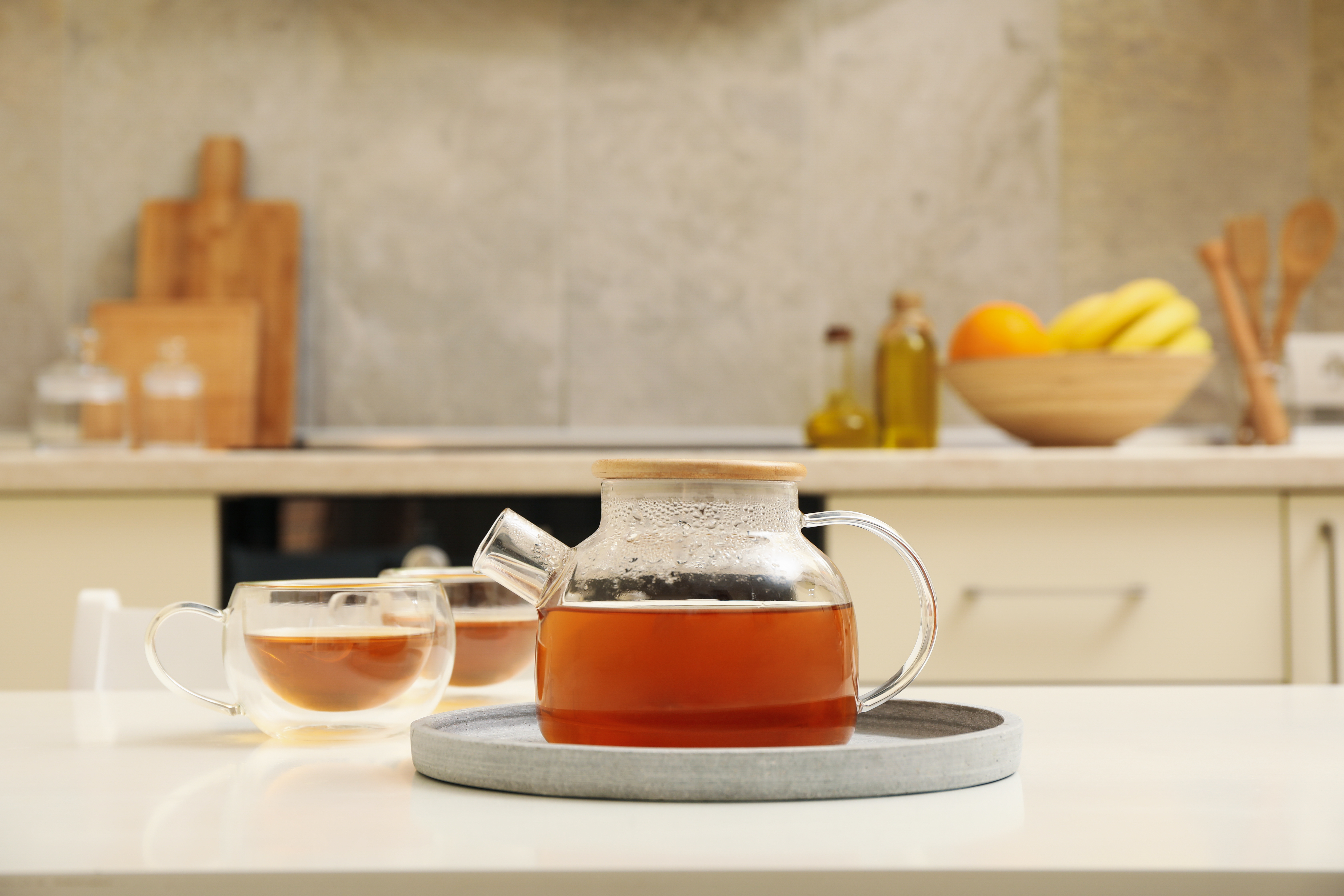Morning Habits That Naturally Lower Blood Pressure
5. Limiting Caffeine: A Cautious Approach to Morning Beverages

While a morning cup of coffee is a ritual for many, it's important to consider its impact on blood pressure. Caffeine is a stimulant that can temporarily increase blood pressure by constricting blood vessels and stimulating the release of adrenaline. For individuals sensitive to caffeine, this effect can be more pronounced, leading to significant morning blood pressure spikes. Moderation is key; opting for a smaller cup or switching to decaffeinated options can help mitigate these effects. Additionally, exploring alternatives such as herbal teas or chicory root coffee can provide a similar comforting experience without the caffeine-related blood pressure increase. Understanding your body's response to caffeine and adjusting your morning beverage choices accordingly can play a crucial role in managing blood pressure. By making informed decisions about caffeine intake, individuals can enjoy their morning routine without compromising cardiovascular health.
6. Stress Management: Morning Practices for a Calm Start

Stress is an inevitable part of life, but how we manage it can significantly impact our blood pressure. Morning stress management practices, such as meditation, journaling, or listening to calming music, can set a peaceful tone for the day. These activities help reduce cortisol levels, a stress hormone that can elevate blood pressure. Meditation and mindfulness practices encourage relaxation, promoting a state of calm that counteracts stress-induced blood pressure spikes. Journaling provides an outlet for expressing emotions and organizing thoughts, reducing mental clutter and anxiety. Incorporating these practices into your morning routine can lead to improved stress resilience and better blood pressure control. By prioritizing stress management, individuals can create a more balanced and harmonious start to their day, positively influencing overall health and well-being.
